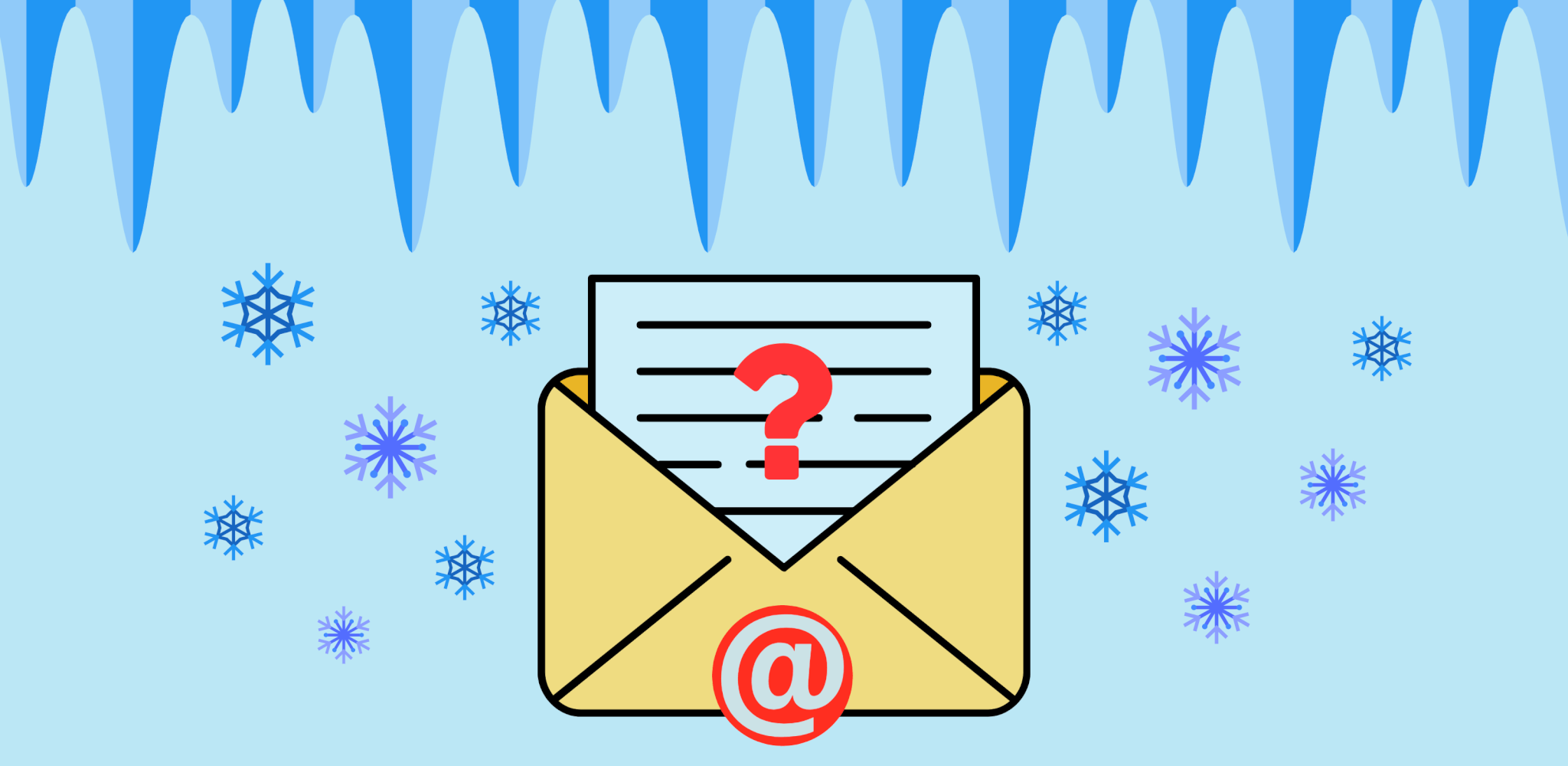
This is something that I often feel like I’ve often felt people don’t do enough in academic: cold emailing.
Ah, yes. Emailing people you don’t know and asking them for help.
*GASP*. The Horror…
Too many people feel nervous about rejection or feel too uncomfortable asking strangers for help. But in my experience, cold emailing people for help has been the most fruitful method for getting the information and help I need. In fact, I would go so far as to say that my courage to cold email has defined my research opportunities and the work I am doing would not be possible unless I did so.
Let’s take a look at some cold email’s I sent.
The first, is the non-profit that I worked for in D.C., CMF. I was a first-year graduate student. I knew nothing about Congress and I had no experience in politics of any kind. But I had lots of questions. And after reading some of their research white papers, I asked them if we could chat. That email led to my internship that summer in D.C., and then that internship led to my independent consultancy research the following summer, which led to all my interviews and connections to Congress.
I cold emailed a professor in my department working on federal research. We chatted over coffee and he eventually joined my advancement committee (thanks Matt!)
Another cold email is the one I sent recently to a student in NoCal. That student wrote a paper with an interesting recruiting methodology that I was interested in performing. He emailed me back hours later with all the details of his study and how he performed that methodology. That email greatly impacted the designed of my study.
I cold emailed a Ph.D. Student on the east coast who had really cool ideas for designing technology. We skyped for 30 min about designing discussions online, and that greatly impacted the design of the platform I am helping test and develop, which could be used by Members of Congress.
Or take what happened today. I was learning more about congressional ethics to ensure that I was following all the rules. I googled different law professors at UCI, and emailed one that I thought would be helpful. He didn’t know the answer to my question, but he referred me to another guy. This guy happened to be an ethics lawyer in the white house for a previous president! He emailed me back in MINUTES, and we chatted for 30 minutes on the phone. That phone call ensured that I was doing my work ethically without risk of legal or political consequences (because Congress is sometimes bad at letting people help them for free).
Over the years I’ve just come to accept that people are generally excited when someone likes their work and asks them questions. And I think we would spend less time in our echo chambers of research if we reach out both inside and outside academia.
Photo Credit to Justin McGill at LeadFuze